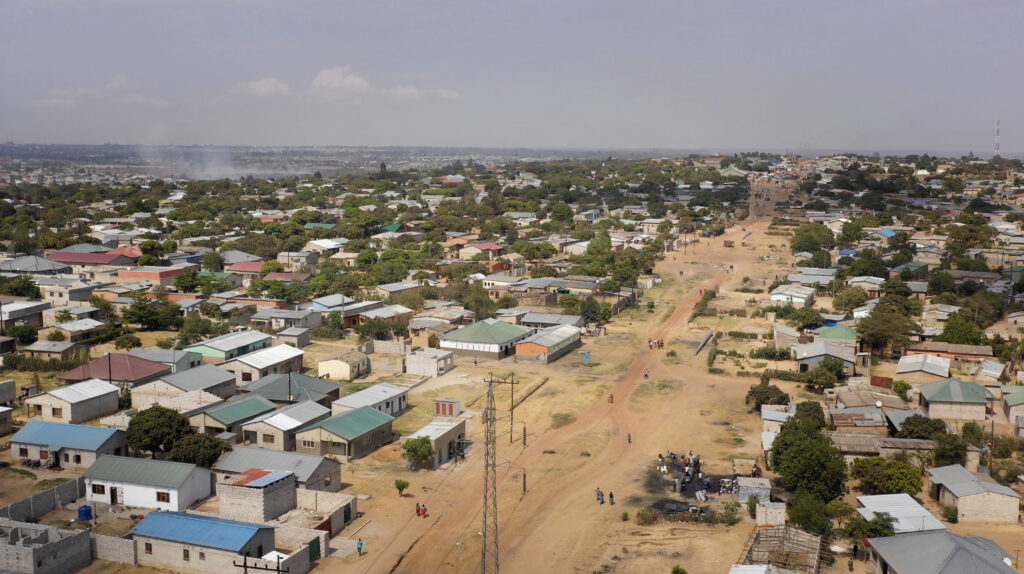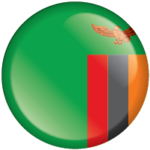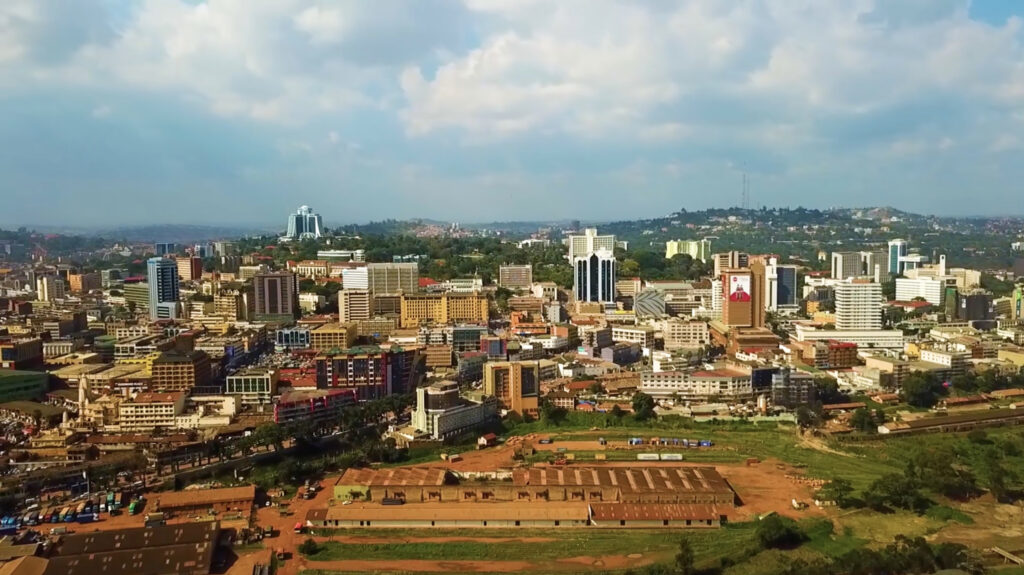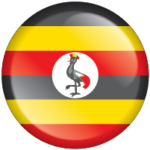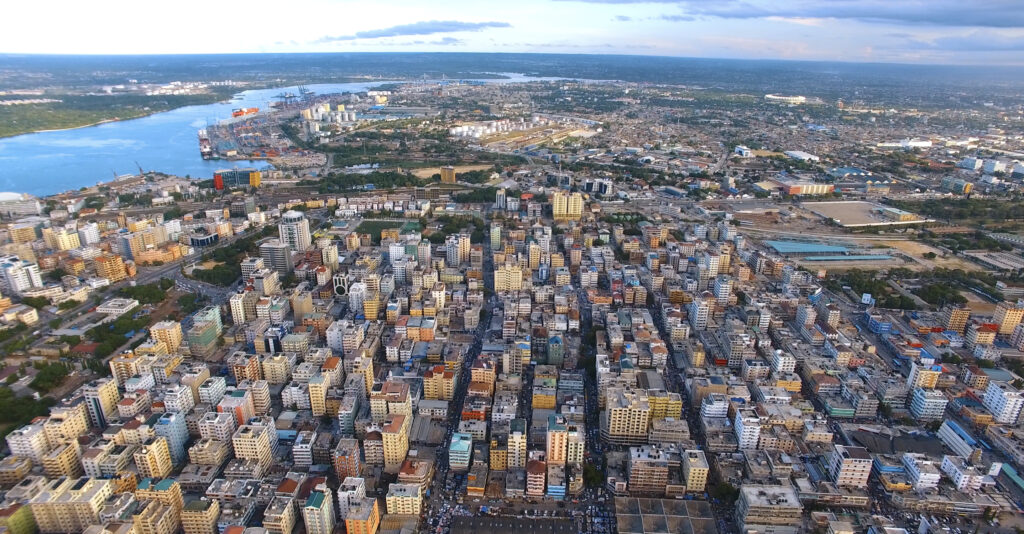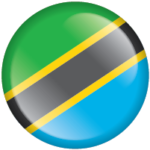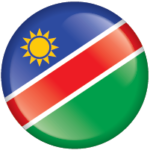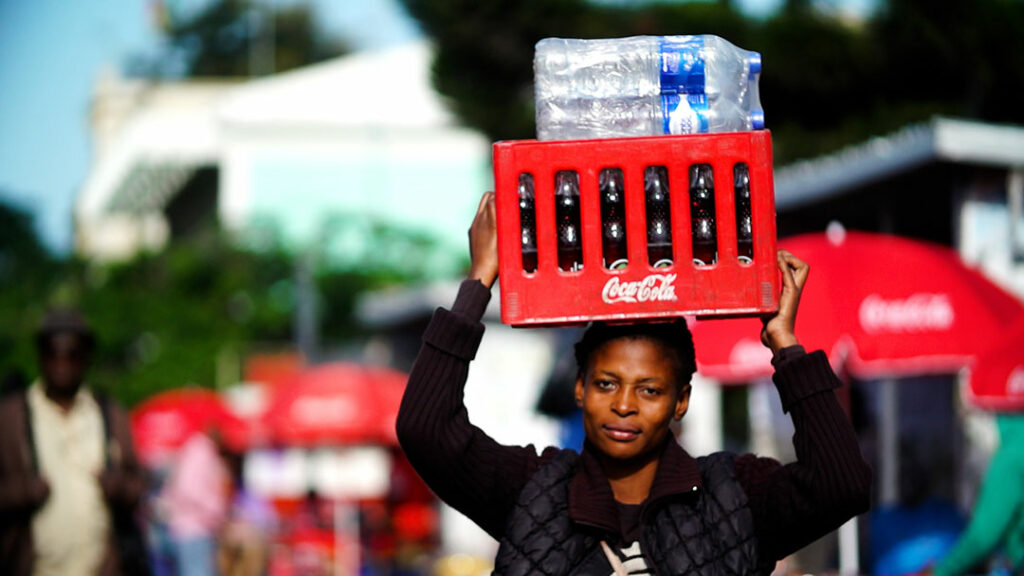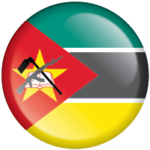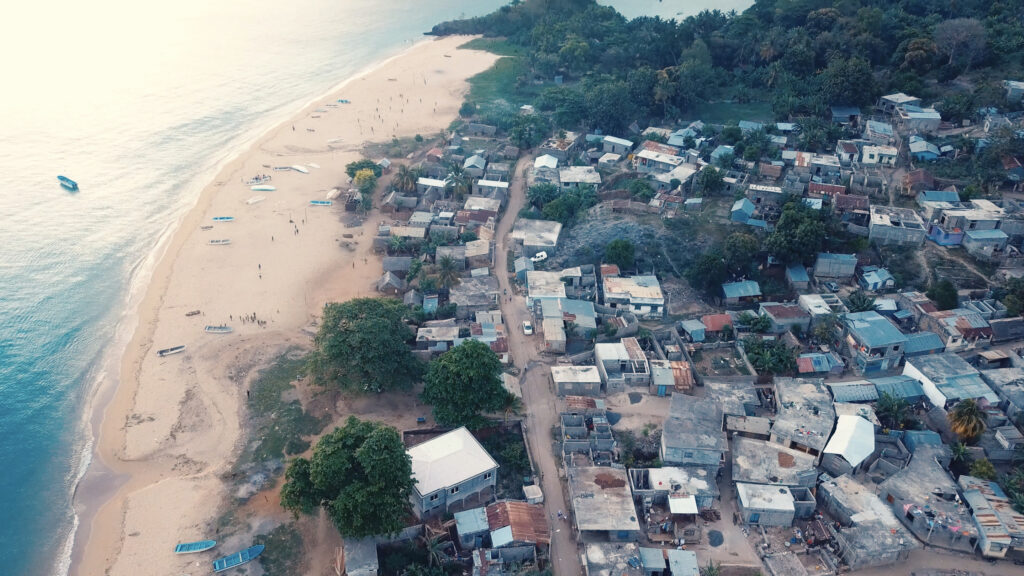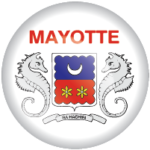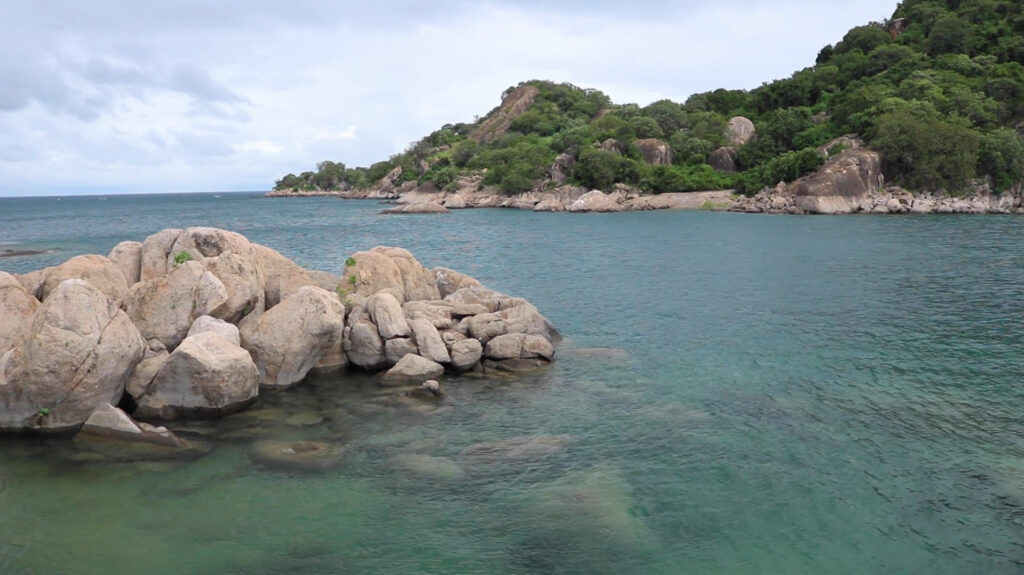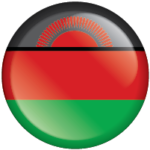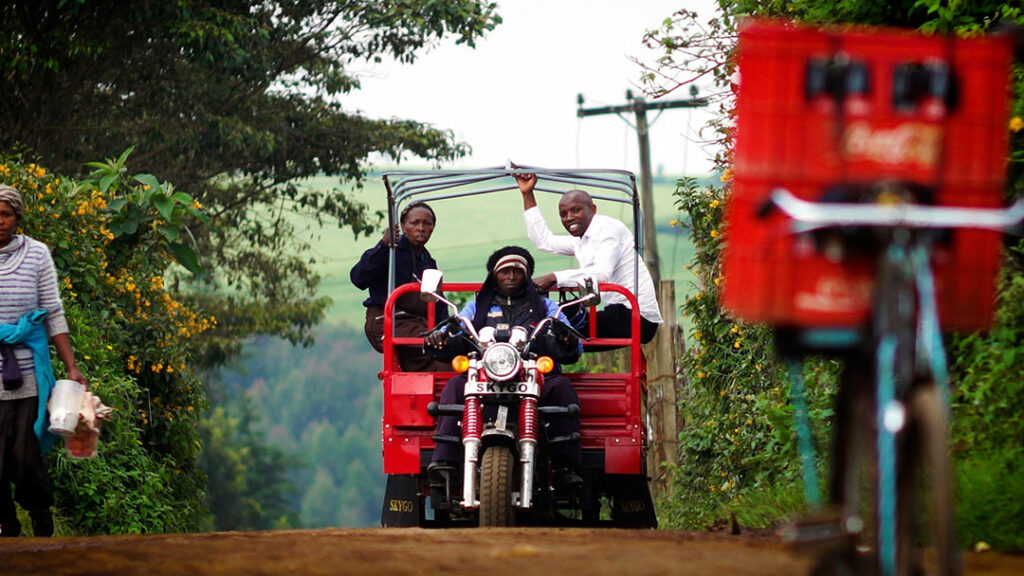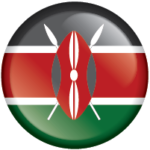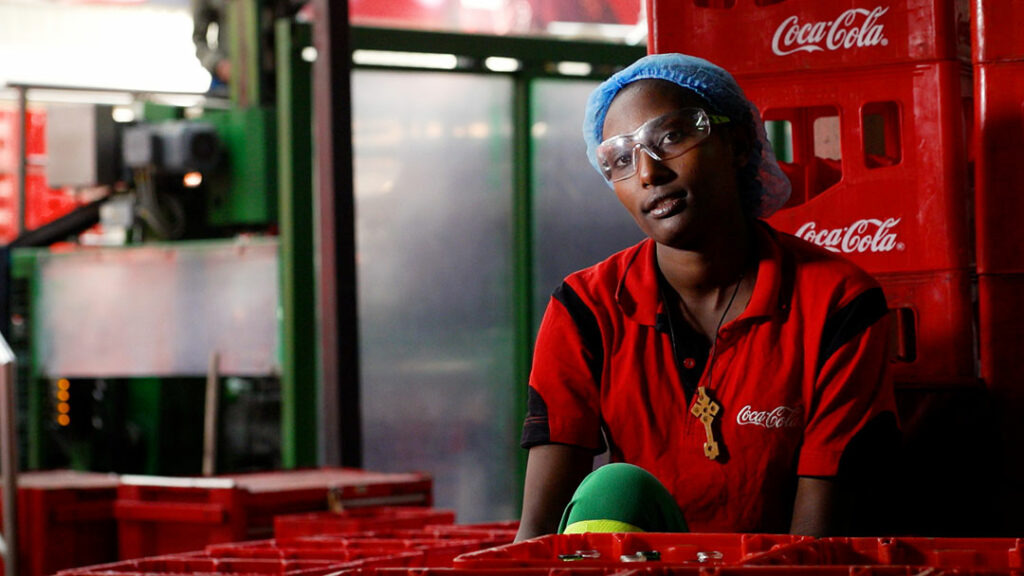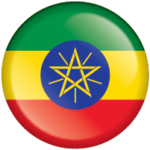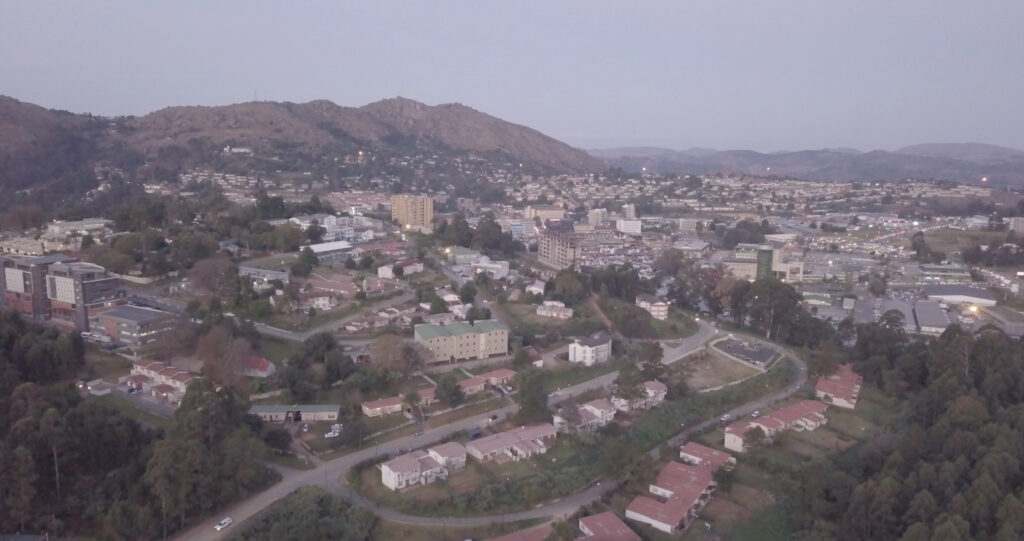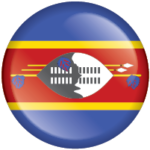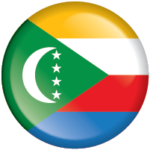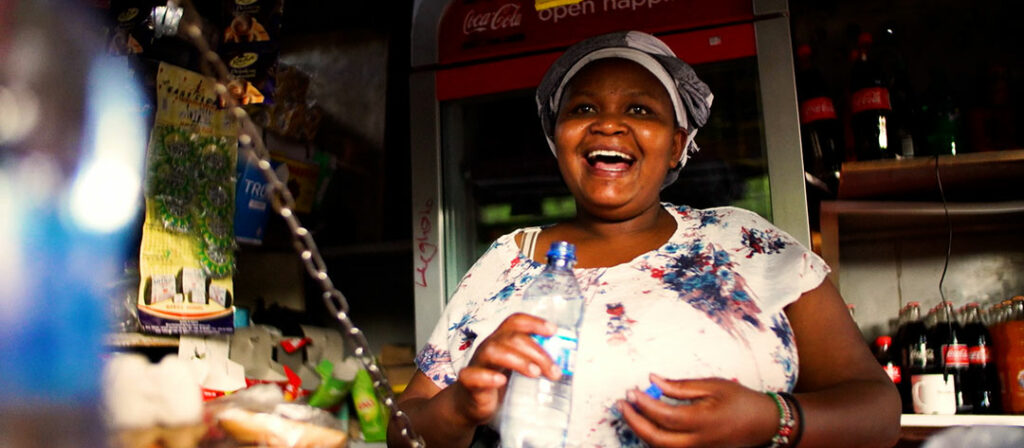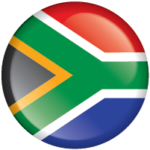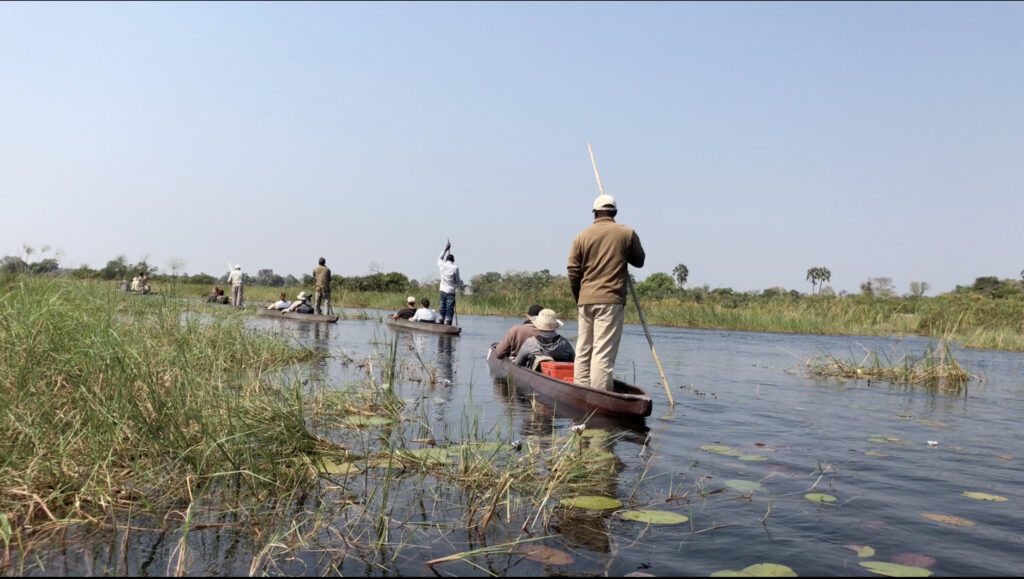By Tshidi Ramogase, Chief Public Affairs, Communication and Sustainability Officer, Coca-Cola Beverages Africa
International Women’s Day highlights the private sector’s crucial role in advancing the economic inclusion of women in Africa.
At Coca-Cola Beverages Africa (CCBA), we use our industry leadership to be part of the solution for positive change on the African continent. Our aim is to create greater shared opportunity for the business and the communities we serve across the value chain.
We understand that our business can only thrive when the communities we serve thrive too. This is why we have made economic inclusion of women one of the pillars of our sustainability strategy at CCBA.
Across our value chain, we are working to improve skills and business knowledge for women, which in turn can help give them access to more opportunities.
For example, in Tanzania we have an economic inclusion programme called Mwanamke Shujaa (“A Brave Woman”), which provides training and mentorship to woman food vendors, as well as tools of the trade to enable them to grow their businesses. Training covered key areas like bookkeeping, customer care, stress management and capital growth.
In Ethiopia, female engineering students have joined our “Women in Engineering” trainee programme which will give them development opportunities and exposure to the company’s world-class operations, setting them up for future employment.
Through our partnership in Ghana with Girls in Science and Technology (GIST, CCBA subsidiary Voltic aims to reach women at different levels of education, providing them with the mentorship and coaching they need for a successful and impactful Science, Technology, Engineering and Mathematics (STEM) career.
In South Africa, we have established a bursary fund at the University of Pretoria to support female students from previously disadvantaged backgrounds in their final year of engineering studies.
In Mozambique, a group of women plastic waste collectors completed a 12-week training course in an economic inclusion programme supported by CCBA. These women have since educated their communities about the positive effects of recycling.
We will continue to focus on creating a better shared future, to grow and sustain small businesses and enhance livelihoods, resulting in increased economic value and business capability for women, communities and our business system.
We believe this holistic approach, within and outside our organisation, drawing on the ability of everyone to inspire inclusion, is a powerful formula for change.
